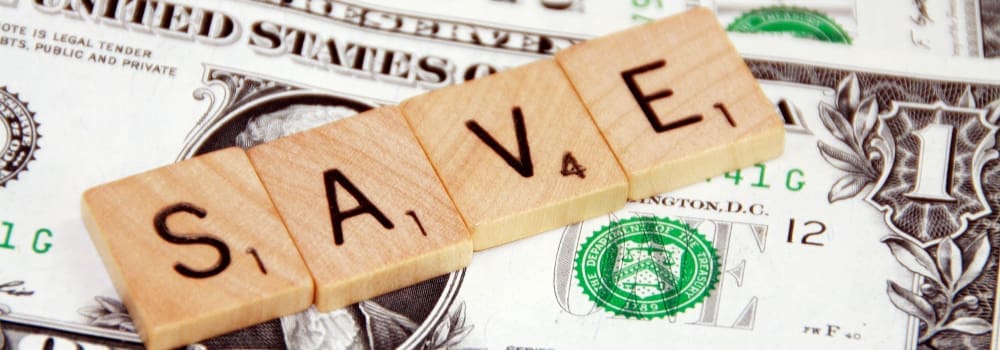Dallas taxpayers dodged a $100 million bullet last week as the Dallas ISD board of trustees rejected a 13-cent tax increase. Though a majority of the trustees supported the measure, the 5-4 vote wasn’t enough thanks to a lawmaker from Houston.
Few in the Texas Legislature are more knowledgeable on the topic of property taxes than State Sen. Paul Bettencourt (R-Houston), who served as the Tax Assessor-Collector of Harris County for a decade before opening up a property tax consulting business. After establishing Bettencourt Tax Advisors LLC, Bettencourt ran for and won the Texas Senate seat vacated by Lt. Gov. Dan Patrick.
In his first year in the Legislature, Bettencourt fought at the forefront for property tax relief but was stymied on his bolder ideas for reform.
Though defeated on his own major reform legislation, Bettencourt still scored a significant victory by placing an amendment on another bill to require a super-majority, 60 percent voting threshold for local taxing units to assess property tax increases in their jurisdictions.
It was that change in the law that blocked the tax increase.
“Dallas ISD taxpayers got the protection they deserve against paying ever-increasing property tax bills,” said Bettencourt. “The proposed 13-cent tax rate hike on top of an estimated 12.2 percent countywide appraised value increase would have been a blockbuster property tax bill to receive. Thankfully, Dallas taxpayers won’t receive such a shocking 2016 property tax bill now.”
“Stopping a $100 million dollar tax increase will be a record that will stand for some time,” the Houston senator added.
Though Dallas taxpayers can breathe a sigh of relief for avoiding this particular tax increase, property taxes continue to rise at astronomical rates across the Lone Star State, which has the 6th highest property tax burden in the nation.
As chairman of the Senate Select Committee on Property Tax Reform and Relief, Bettencourt has been holding hearings across the state regarding the property tax process and recommending ways to reduce the tax burden on property owners.
Some of the more popular reforms include slicing the rollback rate in half and making the election automatic, a move that would empower local voters by requiring the public vote for tax increases that exceed a certain level.
Currently the rollback rate is at 8%, an inflated number from decades ago when high interest rates were the norm. And if elected officials do exceed it, citizens must launch a petition drive for an election to be held – which is a steep uphill battle since those efforts are subject to the scrutiny of the very officials whose power they seek to limit.
Despite strong public support, both pro-taxpayer reforms have drawn extreme opposition from local governments and tax-funded lobbying groups such as Texas Municipal League and Texas Association of Counties.
“What these groups need to realize is that it’s not their money, it’s the public’s money,” said Bettencourt. “And the public deserves a right to decide.”





